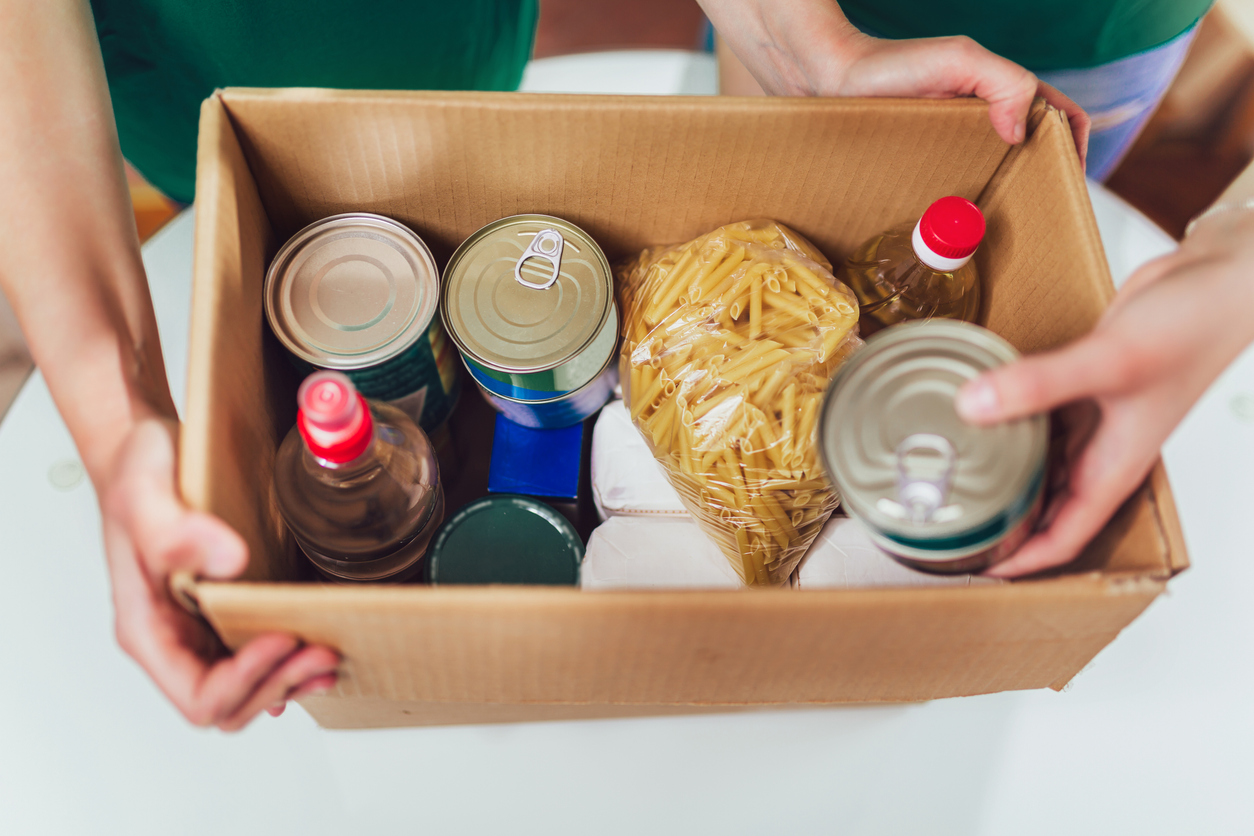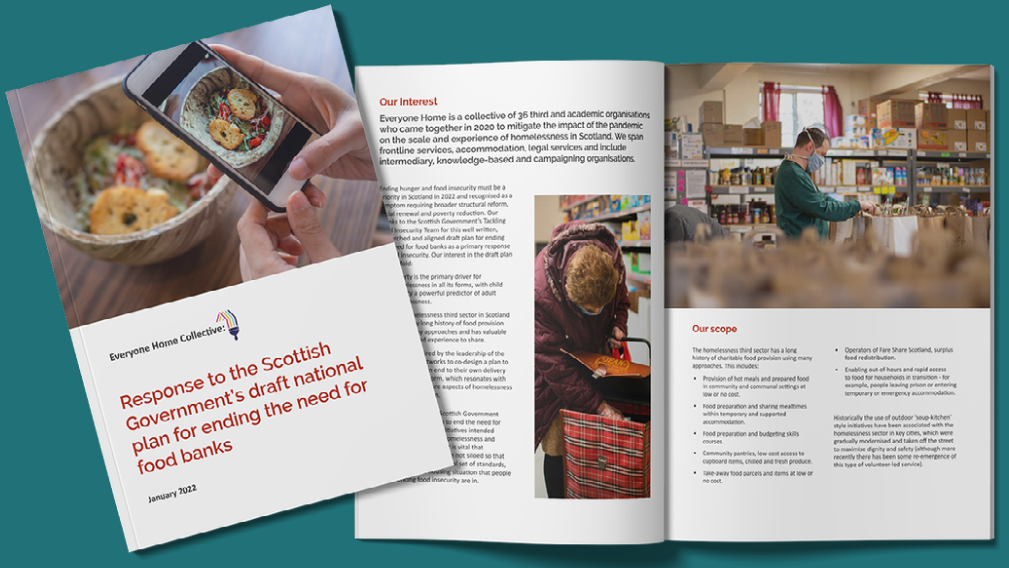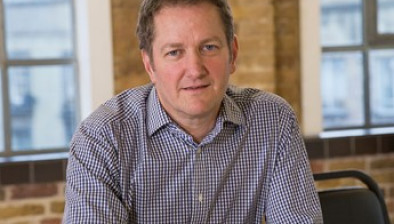Homelessness charities issue joint response to food banks consultation
Where help to access food is needed, this should be provided indoors in a way that maximises dignity, choice and reduces future need, according to a joint response to the Scottish Government’s consultation on ending the need for food banks from 36 organisations working in partnership to prevent homelessness in Scotland.

The Everyone Home collective formed during the early months of the pandemic to protect progress that was made on issues around homelessness and prioritise action that can be taken together.
The draft plan for ending the need for food banks as a primary response to food insecurity was prepared by the Scottish Government’s ‘Tackling Food Insecurity Team’ with responses to the consultation requested by January 25. The plan is expected to be published later this year.
The submission from Everyone Home sets out three key points of interest guiding its response to the consultation.
- Poverty is the primary driver for homelessness in all its forms, with child poverty a powerful predictor of adult homelessness.
- The homelessness third sector in Scotland has a long history of food provision using many approaches and has valuable learning and experience to share.
- The collective is inspired by the leadership of the foodbank networks to co-design a plan to bring about an end to their own delivery in its current form, which resonates with recent and future aspects of homelessness service provision.

And with two key parts to the Everyone Home response:
- Place based: help to access food and end food insecurity should be factored into the design of the 20-minute neighbourhood policy in Scotland. Local communities are best able to determine whether this type of service is needed in their area and can coproduce its development and monitor its impact.
- Prepared and shared: the positive benefits of prepared and shared food for people who also seek a social interaction or stronger social network are clear and demonstrated. These benefits can be diluted if care is not taken in how it is delivered.
The charity Move On is the delivery partner for FareShare Glasgow and the West of Scotland, which takes good-quality surplus food from retailers and suppliers and distributes to community groups or charities.
John Hinton, executive director of Move On, said: “As a FareShare delivery partner, Move On welcomes the Scottish Government’s consultation on the draft national plan for ending the need for food banks. Along with our partners in Everyone Home, we have long recognised the importance of properly prepared food, which can be shared in a suitable environment firmly embedded in communities. We are pleased to add our voice to the calls to ensure that whatever arrangements replace food banks meets the needs of people affected by homelessness and destitution.
“FareShare partners with many community-based charities and social enterprises that know exactly where the need lies in their communities. We are committed to linking people with wider supports and services to address the underlying issues contributing to food insecurity.”
Cyrenians works with community partners to deliver community pantries in seven locations across the capital. To promote dignity, the pantries are open to the whole community with no referrals or joining criteria required and offer a range of fresh, chilled and ambient foods in exchange for a £1 fee.
Lynne Collie, senior manager of Good Food from Cyrenians, said: “From surveys carried out we know that visitors find using our pantry service a positive experience, that it helps them to better manage finances and makes it easier to access a wider variety of foods.
“We are keen to see that any changes suggested within the proposal draws from the evidenced success of the community pantry approach. By maximising choice and control we can ensure access to food is done so with dignity, whilst also providing added benefit through further opportunities for volunteering and training.”
Maggie Brunjes, chief executive of Homeless Network Scotland, said: “Sitting at the heart of Everyone Home’s response is the need for dignity and choice. Income inequality is the primary driver for both homelessness and food insecurity. Every household in Scotland should have enough money to remove the need for foodbanks and where help is needed this should be cash-first with rapid access to cash to financial assistance and money advice.”







